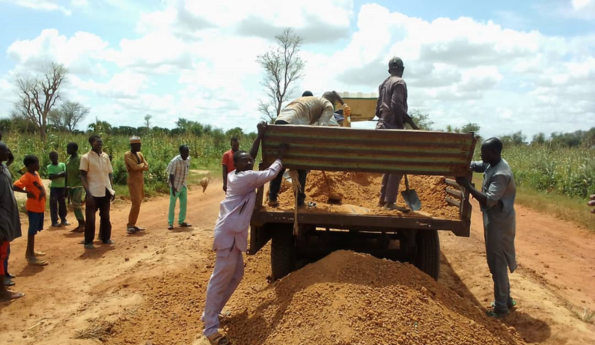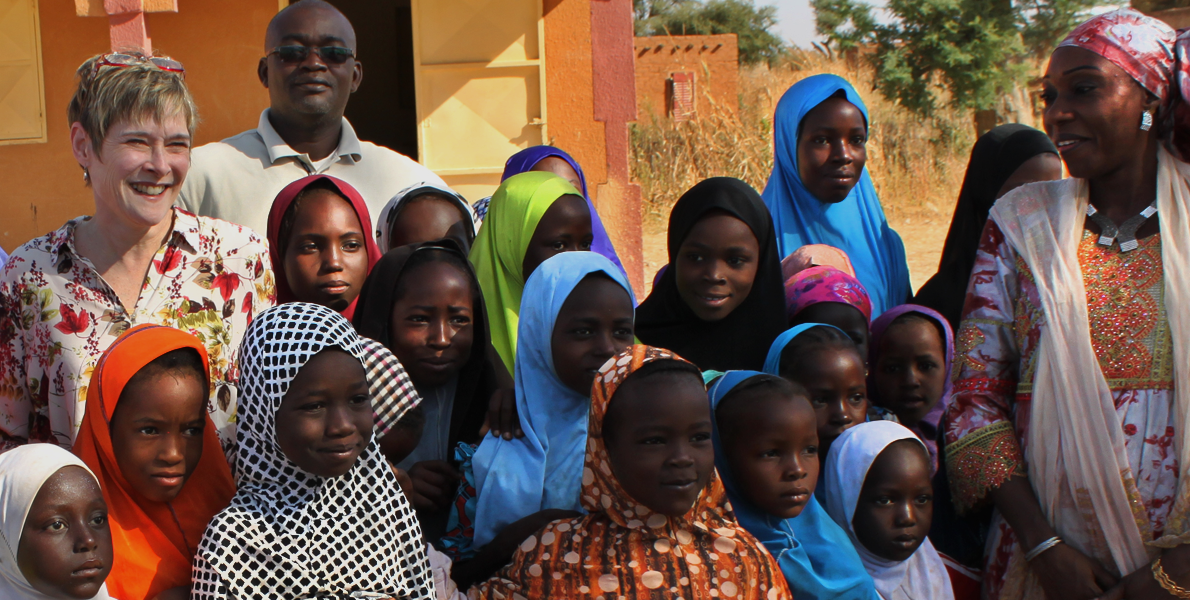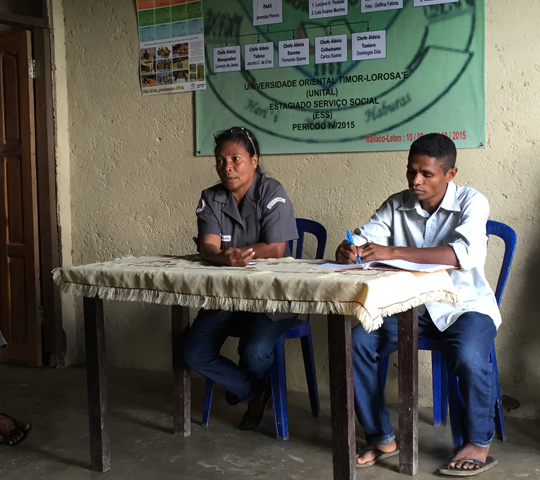Niger’s struggling economy, security concerns, and refugee crisis have undermined the political will for reforms and fostered instability and a lack of trust in government. To address the serious development, humanitarian, and climate crises facing the country, Counterpart’s Resilient Governance in Niger activity is working to increase the capacity of local and regional governments to act as resilient hubs for inclusive local development, bringing together civil society, private sector, government, and donors to support local needs and community-identified priorities. Counterpart is strengthening the capacity of communes to carry out local service provision, while amplifying the voices of community members by building their confidence and providing opportunities for them to more freely voice their concerns. Newly formed citizen monitoring committees help prioritize community needs and keep government and civil society alike accountable for enacting change. One critical sector where improvement is needed is community-based health services.

The Tibiri CVC members offering hygiene products to the Tibiri Health District, February 27, 2024
Counterpart established a citizen monitoring committee in Tibiri, in southern Niger, approximately an eight-hour drive east from the capital of Niamey. The Tibiri Health District, like many in the country, grapples with inadequate hygiene practices in health centers and clinics, diminishing both the quality of care provided to the local community and compromising the working conditions of caregivers and health workers. District statistics show that three out of every twenty hospitalized patients contract at least one infection while receiving medical treatment in a healthcare facility.
Catalyzing inclusive and voluntary citizen participation is key to improving local governance and service delivery to communities. Alerted to the problem of poor hygiene at the health centers, the committee in Tibiri knew they had to act. Using funds from their monthly membership fees, the committee mobilized $74 to purchase 100 liters of liquid soap that they donated to the health center.
“I was happily surprised by the vision and civic mindedness of the Tibiri [committee]. The district is facing huge hygiene challenges, and this has a negative impact on the health of our patients. The donation is of paramount importance, and we will put it to good use,” said Mamane Laouali, Tibiri’s health district manager.
With Laouali’s support, the committee trained health center’s cleaning staff to ensure they properly understood the importance of hygiene and had clear cleaning policies and procedures in place.
“Duty guides our actions, and we affirm that we will continue on this path to strengthen patient protection and the quality of care and reduce the rate of infection due to poor hygienic conditions until we win together.… We are committed to gathering citizens around a common goal and proposing solutions for the benefit of our community,” said Illiassou Elhadj Tankari, president of the Tibiri citizen monitoring committee.
Today, thanks to the committee’s efforts, the health center is cleaned with soap, staff and patients use proper hygiene techniques, and health outcomes are improving. This past March, the committee conducted a follow-up assessment that showed that no new on-site patient infections had been reported since the training and soap donation. With Counterpart’s support, the committee continues to collaborate closely with the health management committee and communal authorities to ensure consistent availability of soap at the health center and steadfast implementation of suitable cleaning practices in order to safeguard the health and safety of its staff and the local citizens.





